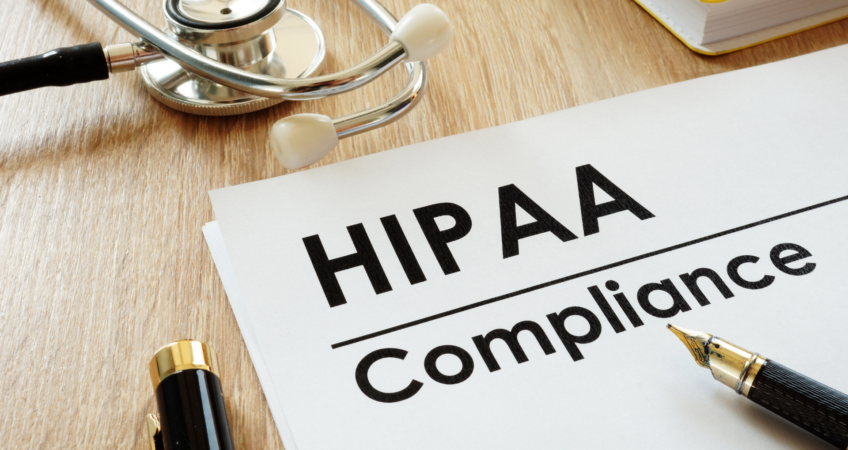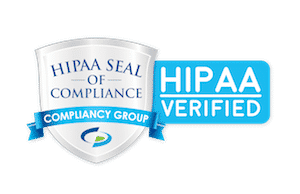
What Does it Mean to be HIPAA Compliant?
HIPAA compliance is an essential part of PostalMethods and is what makes our mailing capabilities as broad as they are. But what is HIPAA compliance, and why is it so important?
What is HIPAA Compliance?
HIPAA compliant Services is achieved when someone adheres to the rules set out by HIPAA, which stands for the Health Insurance Portability Accountability Act. HIPAA is sustained by the U.S. Department of Health and Human Services, or the HHS, with the goal of making your medical information as private and secure as possible.
HIPAA sets the standard for sensitive patient data protection. Businesses dealing with protected health information require physical, network, and process security measures to be in place and follow them to ensure HIPAA compliance. HIPAA compliant organizations are designated as either:
- Covered entities: anyone providing treatment, payment, and operations in healthcare.
- Business associates: anyone who has access to patient information and provides support in treatment, payment, or operations.
Other entities, such as subcontractors and any other related business associates must also be in compliance.
The Rules of HIPAA
The rules that HIPAA outlines are made to ensure the most amount of security for citizens so that their data stays protected. The HIPAA rules are as follows:
- Privacy rule: the privacy rule sets the standards for a patient’s right to their protected health information, as well as an organization’s right to access or deny access to it. All employees that handle HIPAA related information are required to be trained on the policies outlined in the privacy rule and must have said knowledge renewed annually.
- Security rule: the security rule outlines the rules that must be followed in regard to the maintenance, transmission, and handling of electronic protected health information. This applies to physical, administrative, and technical safeguards for patients’ data.
- Breach notification rule: the breach notification rule is made for the purpose of dictating what must be done in the event of a data breach. There are two kinds of breaches identified, minor and meaningful, and the response required is dependent on its size. Regardless of the type, any breach must be reported to the HHS.
- Omnibus rule: HIPAA’s Omnibus Rule was added after HIPAA’s initial creation. The Omnibus Rule necessitates that business associates must be HIPAA compliant, in addition to outlining rules surrounding BAAs, or Business Associate Agreements.
The Department of Health and Human Services has set both technical and physical rules to be followed in order for an organization to be HIPAA compliant.
The technical rules are as follows:
- Organization members must have unique IDs, an automatic log off system, encryption of their data, and emergency access procedures.
Physical rules include:
- Designated authoritative members with controlled access to limited areas of the facility. Policies in place for access to workstations that contain sensitive data and media.
The Significance of Being HIPAA Compliant
Being HIPPA Compliant allows for an organization to handle medical data regarding patients. This data is referred to as PHI, or protected health information. This includes data such as names, addresses, phone numbers, Social Security numbers, medical records, and financial information. Being HIPAA compliant means that an organization is able to store and communicate sensitive information. For PostalMethods, this means being able to send medical data, making us perfect for healthcare and medical companies.
HIPAA rules help to protect the information of clients and being HIPAA compliant allows for an organization to handle the sensitive data. To learn more about HIPAA compliance and to use our services, contact us through our website or call us at (833) 403-1015

